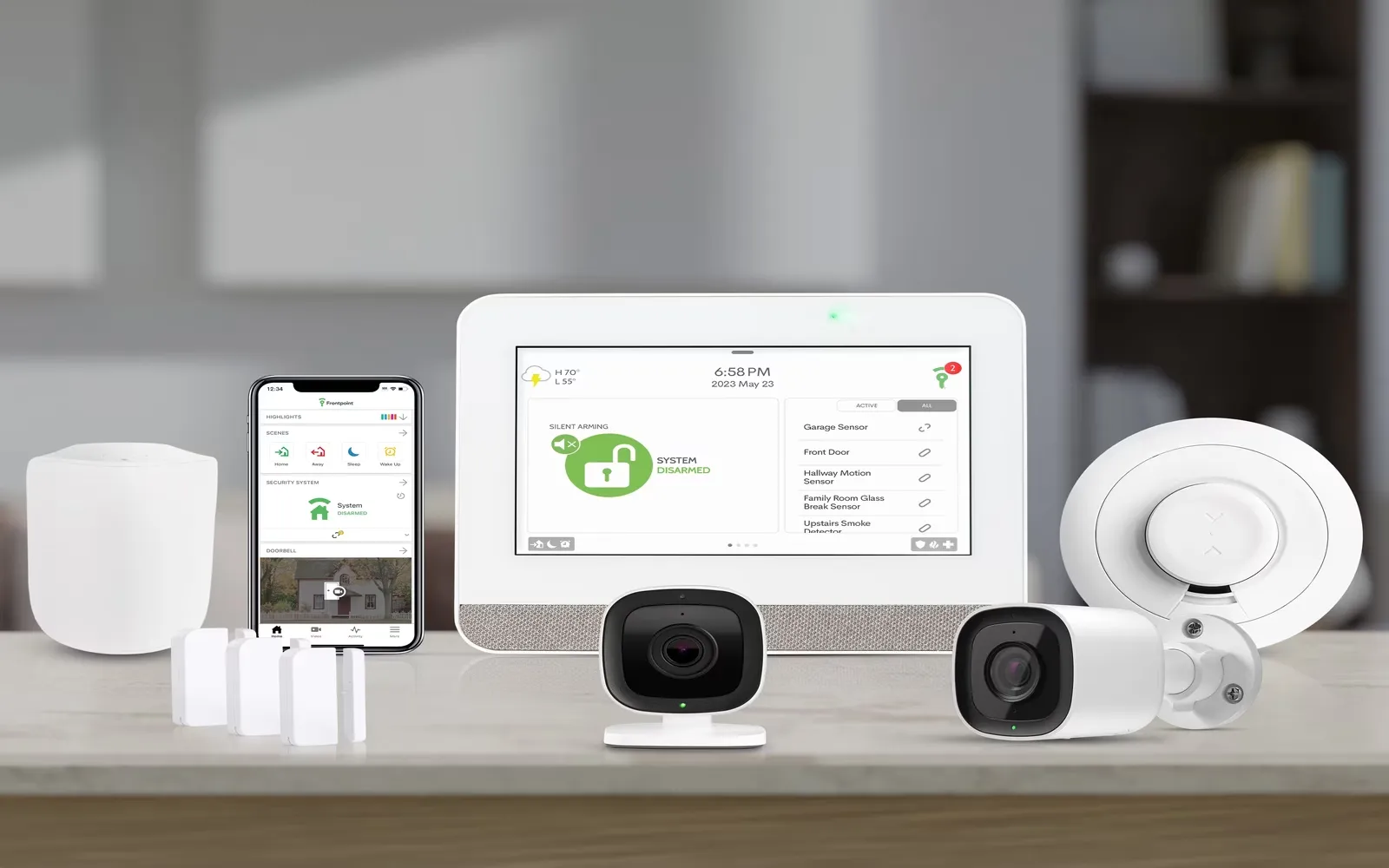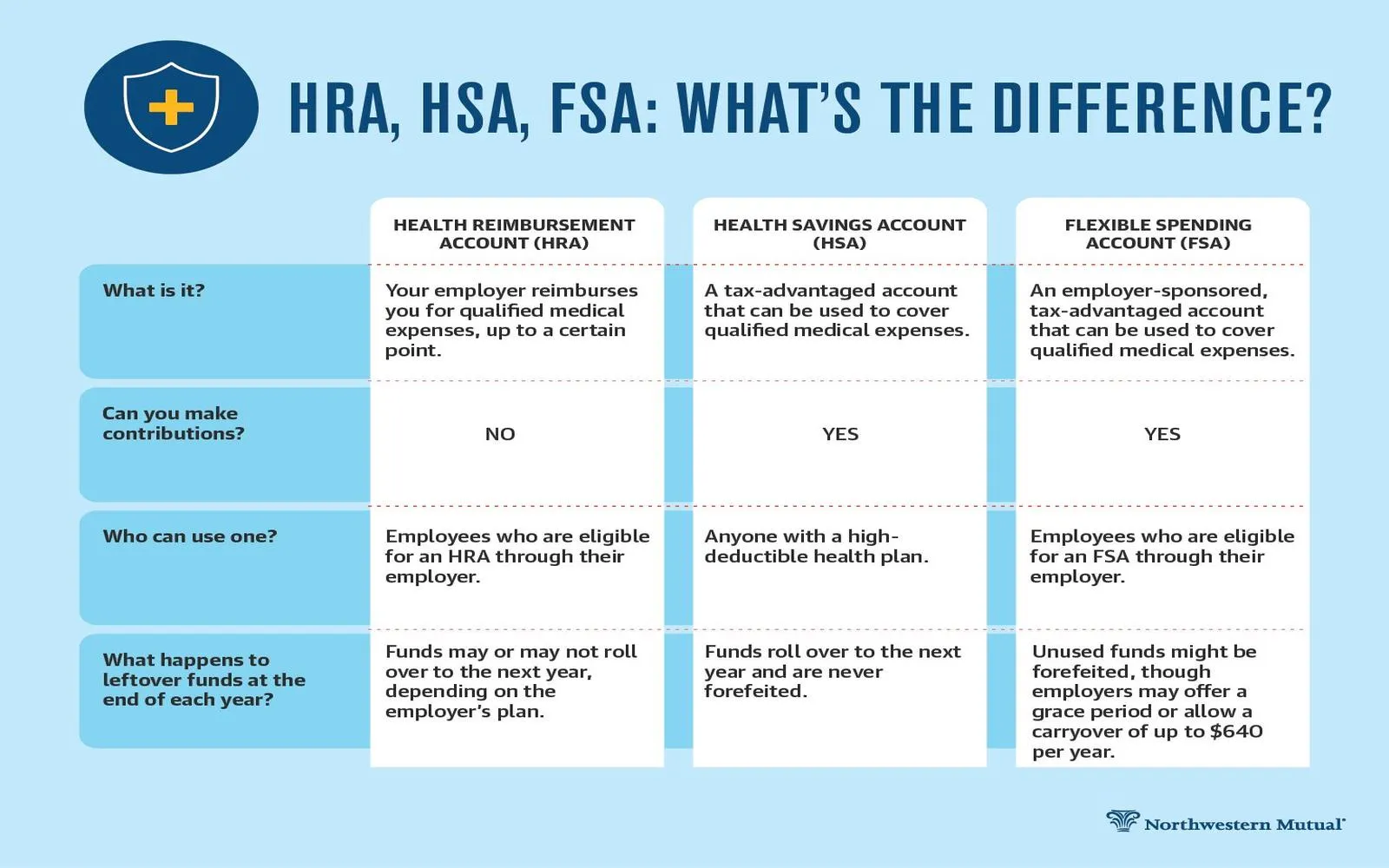
In today’s fast-paced and competitive business environment, efficient employee management is key to maintaining productivity and fostering a positive work culture. Employee management software simplifies tasks such as tracking attendance, managing payroll, evaluating performance, and ensuring compliance with labor laws. The right software can improve efficiency, reduce paperwork, and enhance communication between management and employees.
Here’s a breakdown of some of the best employee management software in the market, categorized based on their key features, ease of use, and pricing. Whether you're a small business or a large enterprise, this guide will help you find the best solution for your organization's needs.
| Feature | Details |
|---|---|
| Core Functions | HR data management, recruitment, onboarding, performance tracking, time-off management |
| Ease of Use | Simple and intuitive user interface suitable for HR professionals and small businesses |
| Integration | Works with popular tools such as Slack, QuickBooks, and G Suite |
| Best for | Small to medium-sized businesses |
| Pricing | Custom pricing based on company size and specific needs |
Overview:
BambooHR is a highly popular human resources information system (HRIS) designed specifically for small and medium-sized businesses. With BambooHR, you can streamline recruitment, track employee performance, and manage employee records all in one place. It also provides insights through detailed reporting, which can help HR managers make informed decisions.
Pros:
Cons:
| Feature | Details |
|---|---|
| Core Functions | HR management, payroll, benefits, time and attendance, employee self-service portal |
| Ease of Use | Clean and modern design with mobile support |
| Integration | Integrates with a wide range of third-party tools such as Salesforce, Zapier, and QuickBooks |
| Best for | Small and medium-sized businesses with a focus on benefits and payroll |
| Pricing | Starts at $10 per employee per month |
Overview:
Zenefits offers a robust all-in-one HR platform focusing on payroll, compliance, and employee benefits. Its intuitive interface and strong integrations make it a great choice for companies looking for a holistic employee management solution. Zenefits also provides excellent employee self-service tools, so employees can manage their own HR needs, such as benefits and time-off requests.
Pros:
Cons:
| Feature | Details |
|---|---|
| Core Functions | Payroll, benefits, time tracking, HR services |
| Ease of Use | User-friendly interface with simple setup and navigation |
| Integration | Integrates with platforms like Xero, QuickBooks, and Slack |
| Best for | Small businesses, startups, and companies that need flexible payroll and benefits options |
| Pricing | Starts at $39/month + $6 per employee per month |
Overview:
Gusto is widely known for its payroll services but also offers HR tools, such as employee onboarding, time tracking, and benefits management. It provides a very affordable and straightforward solution for small businesses that need payroll and HR services in one place. Gusto’s automated payroll and compliance features are major highlights.
Pros:
Cons:
| Feature | Details |
|---|---|
| Core Functions | Employee onboarding, payroll, benefits, device management, app management |
| Ease of Use | Clean and intuitive dashboard that is easy to navigate |
| Integration | Supports integration with over 500 apps such as Google Workspace, Slack, and Dropbox |
| Best for | Companies looking to automate HR tasks, IT management, and app provisioning |
| Pricing | Starts at $8 per user per month |
Overview:
Rippling is a powerful platform that combines HR and IT management in a single solution. It allows companies to automate various employee tasks, such as onboarding, payroll, and benefits, while also managing employees' devices and applications. Rippling’s strong integration with other apps allows it to seamlessly connect with the tools businesses already use.
Pros:
Cons:
| Feature | Details |
|---|---|
| Core Functions | Human capital management (HCM), payroll, workforce planning, recruiting, benefits |
| Ease of Use | Highly scalable, but a steep learning curve for new users |
| Integration | Integrates with multiple enterprise applications such as Salesforce, Oracle, and SAP |
| Best for | Large enterprises with global workforce needs |
| Pricing | Custom pricing for enterprises |
Overview:
Workday is an enterprise-level human capital management (HCM) platform that offers comprehensive tools for payroll, talent management, and workforce planning. It is ideal for large organizations that need to manage complex workflows, global compliance, and in-depth reporting. Workday's flexible architecture allows companies to customize the software based on their unique needs.
Pros:
Cons:
Employee management software has evolved to become a critical tool for organizations, helping to automate administrative tasks, improve employee engagement, and ensure compliance. Whether you're a small business looking for a simple solution like Gusto or a large enterprise needing an all-encompassing platform like Workday, there are numerous options available to suit your needs. By choosing the right software, companies can focus more on their people and less on administrative work.

Best Home Security Systems of 2025: A Comprehensive Guide

Best Mortgage Loans in the USA 2025: A Comprehensive Guide

Accident Attorneys in the USA (2025): A Comprehensive Overview

Best Online College Programs 2025

Best Online Master’s Degree Programs of 2025

Best Health Insurance Plans in the USA (2025)

Best Life Insurance Plans in the USA in 2025

Best Mesothelioma Lawyers in the USA (2025)